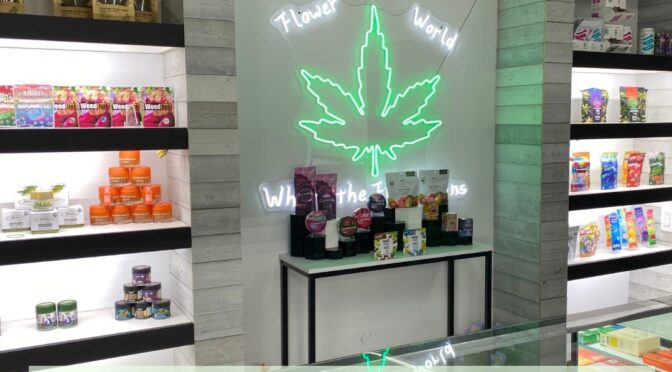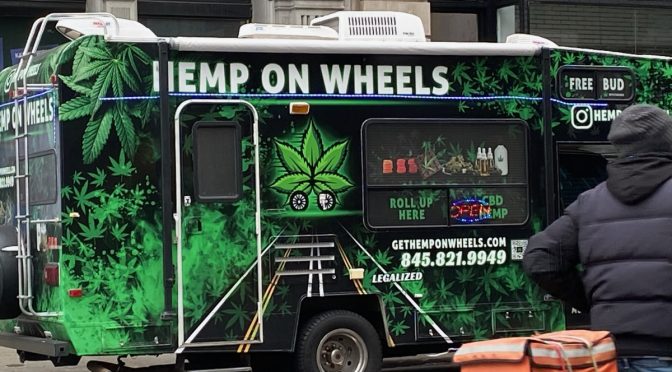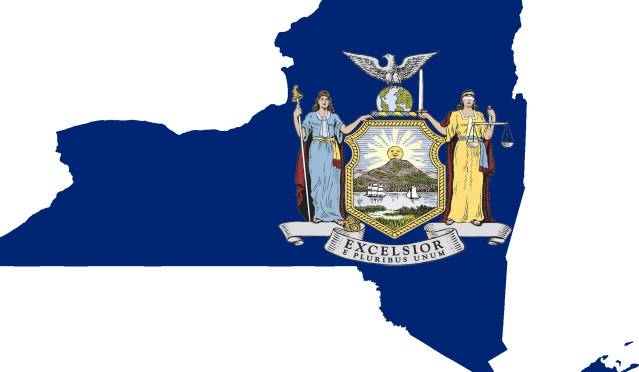Citizens in New York and Connecticut filed lawsuits against their states. Among the three in New York:
1. Filed in New York Supreme Court:
Connecticut
Residents of Stamford, Connecticut filed a lawsuit aiming to shut down pot shops throughout the state. The Stamford Neighborhoods Coalition is seeking an injunction in Superior Court to prohibit commercial cannabis operations, not just in the city, but in all of Connecticut. The chief argument supporting the petition is that the 2021 legalization of marijuana in the state violated the federal Controlled Substances Act and should never have happened.The lawsuit also argues that legalization is a public safety issue, saying, “Siting cannabis facilities anywhere in Stamford necessarily increases criminal activity in Stamford, putting children at greater risk.”
The Massachusetts Lawsuit
In Massachusetts, David Boies filed a lawsuit on behalf of cannabis companies suing Merrick Garland to overturn the federal status of marijuana. This BIG MARIJUANA case seems frivolous and greedy next to the cases brought by local citizens.
We’ve heard that citizens of other states such as Minnesota may also take action against the pot industry.
The problem is that once a state legalizes, the industry overpowers local citizens and forces pot shops on communities.
In this battle, knowledge is our strongest weapon – science, data, and evidence.



